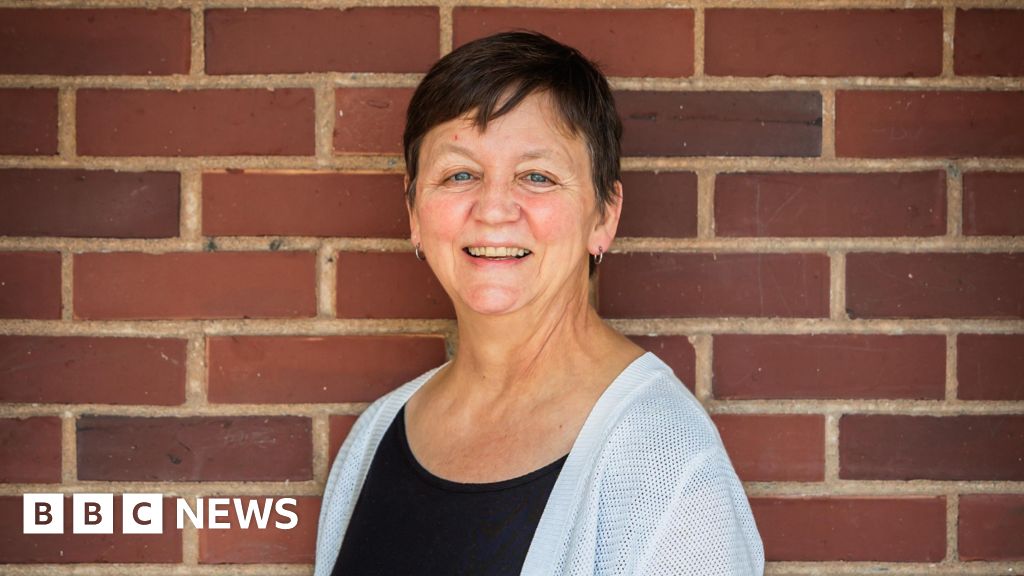By Danielle Kaye
Copyright bbc

Beyond the technology industry, organisations in industries such as education and healthcare, both of which employ foreign skilled workers through the H-1B programme, are also grappling with what the six-figure fee might mean.
“There’s no way that we can afford $100,000,” said Karen Brady, the chief executive at Ryther, a behavioural health nonprofit based in Seattle. “In terms of future hiring, we won’t be doing any more H-1B visas.”
The behavioural health sector has been grappling with a workforce shortage amid a spike in need since the pandemic, Ms Brady said. Hiring employees through the H-1B programme has helped address the crisis, she said.
Ryther, based in Seattle, currently employs two therapists on H-1B visas, out of 45 total, Ms Brady said, both of whom are from China. Without those employees, there would be nobody on staff with the linguistic and cultural knowledge to communicate with families from similar backgrounds.
“They match some of our clients in a way that American workers don’t,” she said. “I can’t replace that.”



